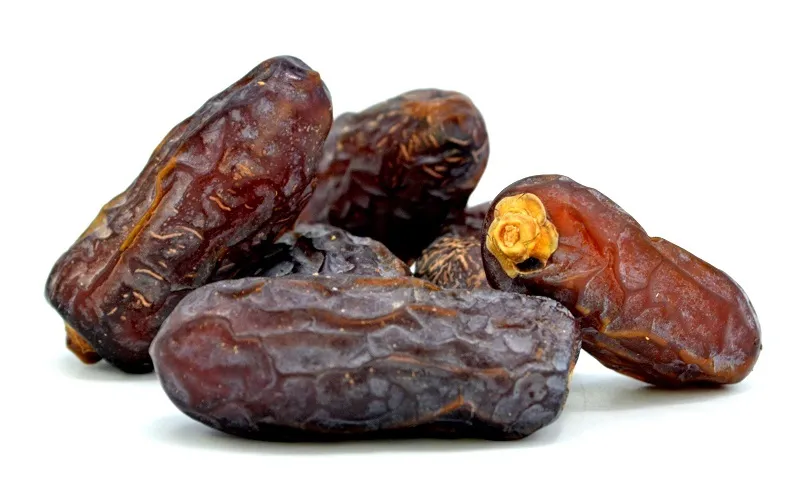Pemborong Kurma Malaysia: the Factors Influencing Wholesale Date Pricing

Introduction
Pemborong kurma Malaysia (date wholesalers) play a vital role in supplying dates to retailers and consumers. One key aspect that drives the wholesale date market is pricing. In this blog post, we will delve into the key factors that determine the pricing of dates in the wholesale market. Understanding these factors can provide valuable insights into the dynamics of the industry and help both wholesalers and consumers make informed decisions.
Quality and Variety of Dates
The quality and variety of dates are fundamental factors that influence wholesale pricing. Different date varieties have varying levels of demand, with some being more sought after than others. Dates with exceptional quality, such as premium Medjool dates, are often priced higher due to their superior taste, texture, and size. Additionally, factors like the origin of the dates, the ripeness at harvest, and the overall condition of the fruit can also impact pricing.
Supply and Demand
The principle of supply and demand is a significant driver of pricing in the wholesale date market. When demand exceeds supply, prices tend to rise, reflecting the scarcity of dates. Conversely, when supply surpasses demand, prices may decrease to stimulate sales. Factors that can influence supply and demand include seasonal variations, weather conditions affecting crop yields, consumer preferences, and market trends.
Market Competition
Competition among date wholesalers also plays a role in determining pricing. In a competitive market, wholesalers may adjust their prices to attract customers and gain a competitive edge. Wholesalers with efficient supply chains, strong relationships with growers, and a reputation for quality may command higher prices for their dates. On the other hand, wholesalers who are unable to differentiate themselves may need to offer more competitive pricing to remain viable in the market.
Transportation and Logistics Costs
The costs associated with transportation and logistics can impact wholesale date pricing. Dates are often grown in specific regions and need to be transported to wholesale markets. Factors such as distance, transportation mode, fuel costs, and handling fees can influence the overall cost of bringing dates to market. Wholesalers need to consider these expenses when determining the pricing of their dates to ensure profitability and competitiveness.
Market Trends and Consumer Preferences
Market trends and consumer preferences can significantly influence pricing in the wholesale date market. For example, if there is a growing demand for organic or sustainably sourced dates, wholesalers who offer these options may be able to command higher prices. Similarly, if there is a shift towards healthier eating habits or specific dietary trends that favor dates, wholesalers catering to these preferences may see higher demand and adjust their pricing accordingly.
Conclusion
Understanding the factors that determine pricing in the wholesale date market is essential for both pemborong kurma and consumers. Quality and variety, supply and demand, market competition, transportation and logistics costs, and market trends all play a significant role in shaping wholesale date prices. By considering these factors, wholesalers can make informed pricing decisions that reflect market dynamics and ensure profitability. Consumers, on the other hand, can better understand the pricing variations in the market and make choices that align with their preferences and budget.
Key Highlights
– Quality and variety are key factors influencing wholesale date pricing.
– Supply and demand dynamics play a significant role in determining date prices.
– Market competition among wholesalers can impact pricing strategies.
– Transportation and logistics costs influence the overall pricing of dates.
– Market trends and consumer preferences shape pricing in the wholesale date market.
– Understanding these factors enables wholesalers and consumers to make informed decisions.
– By considering these factors, pemborong kurma can ensure profitability and competitiveness.
– Consumers can make choices that align with their preferences and budget.